Quality Stone Masonry Washington State
We provide exceptional stone masonry Washington services with a guaranteed desired outcome. Our masons can handle any brick, stone, or concrete walls, chimneys, and sealing projects. If you are looking for a qualified stone mason in Washington state, give us a call.
206-437-6582
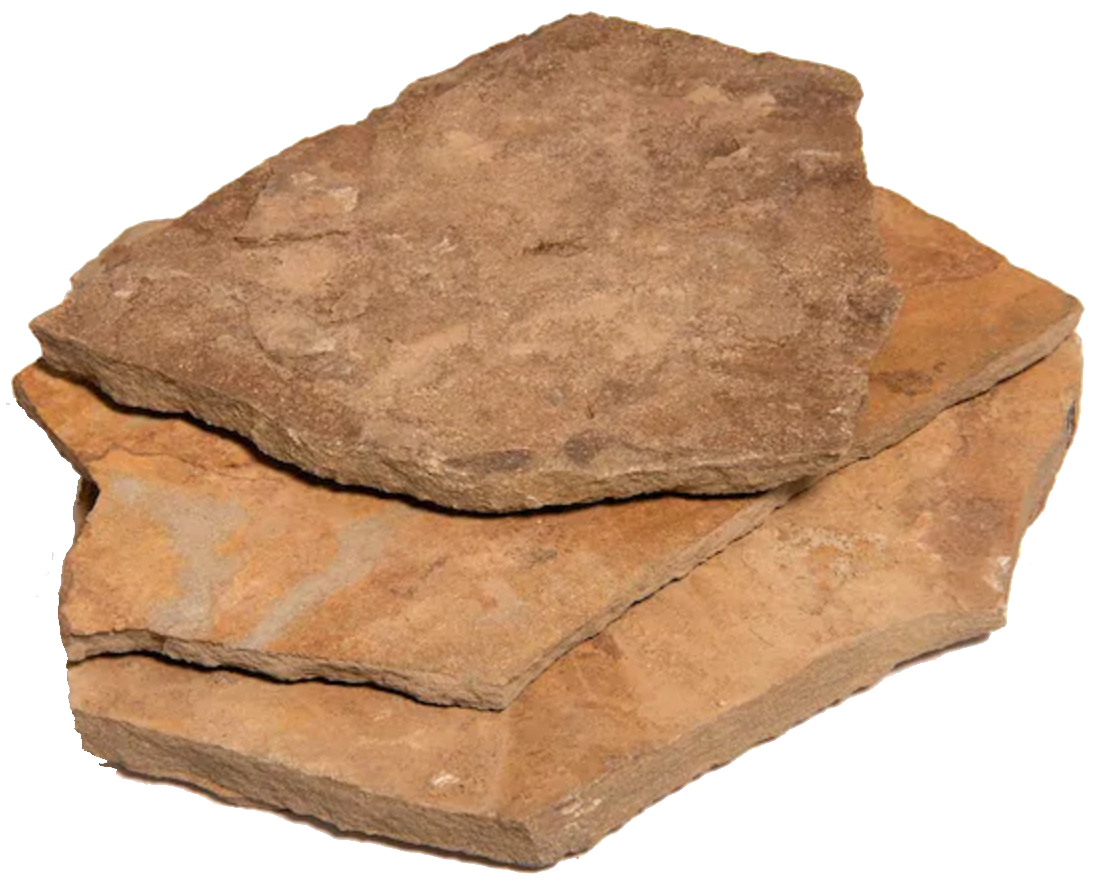

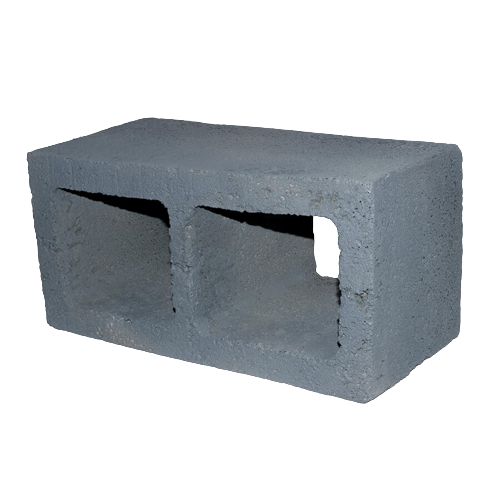
Stone Masonry Wall Repairs
Stone Masonry Wall Repairs
Reasons for Damage to Stone Walls
Stone walls add beauty and character to a property, but they can get damaged over time. Understanding the causes of damage and knowing how to repair them can help you maintain the integrity of your stone walls. Here are common causes of damage and repair solutions:
Water Damage:
Excessive moisture leads to erosion and cracks in stone walls. Repair involves fixing water sources, like leaky gutters or poor landscaping, and sealing with a waterproof sealant. We apply a waterproof coating to keep the stones safe from damage.
Vegetation growth: Roots can push through stone walls, causing structural damage to stones. We cut back greenery, extract roots, and fill the gaps in the structure with new mortar filling. We also install a barrier between the wall and vegetation to prevent future damage.
Regular inspection and maintenance are key to preventing damage to stone walls and ensuring their longevity. Addressing issues promptly and implementing proper repair solutions can help homeowners preserve the beauty and functionality of their stone walls for years to come.
Stone Chimneys
Repair | Remodel
Repairing cracked or damaged masonry
Fixing chimney leaks
Removing creosote buildup
Repairing or replacing damaged chimney liners
Replacing damaged or missing chimney caps
Repointing mortar joints
Addressing chimney crown flashing issues
Fixing chimney crown damage
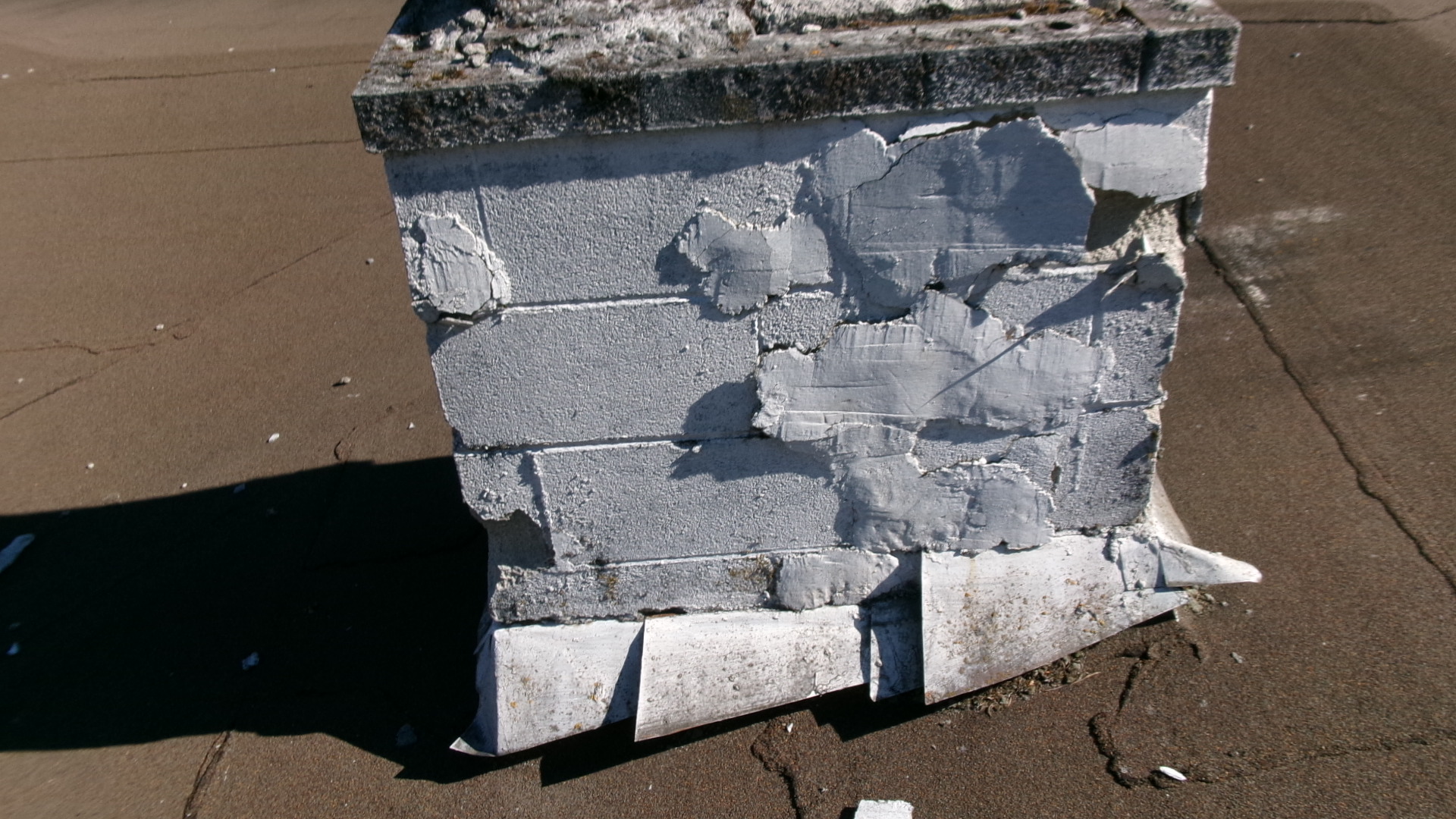

The Difference Between Natural Stone vs. Faux Stone

Natural Stone
Authenticity
Real stone, such as granite, marble, or slate, offers a genuine and timeless aesthetic that can’t be replicated. Each piece is unique, adding character and charm to any space.
Durability
Natural stone is incredibly durable and long-lasting. It can withstand the test of time and is resistant to wear and tear, making it suitable for high-traffic areas.
Value
Real stone can increase the value of your property due to its premium and timeless appeal, making it an excellent investment for homeowners.
Heat Resistant
Natural stone is heat-resistant, making it suitable for use in kitchens, where hot pots and pans may be placed directly on the surface
Faux Stone
Cost Effective
Faux stone is generally more affordable than real stone, making it an attractive option for budget-conscious individuals who want the look of stone without the high cost.
Lightweight
Faux stone is often lighter than real stone, which can make installation easier and less labor-intensive.
Versatility
Faux stone comes in various styles and colors, offering greater versatility in design options. It can mimic the appearance of multiple stone types.
Low Maintenance
Faux stone typically requires less maintenance than real stone. It is easier to clean and doesn’t require sealing or regular upkeep.
Contact Us for Durable and Affordable Masonry Walls
Types of Masonry Wall Construction We Offer

Adobe Masonry Walls
Sustainable: Adobe is an eco-friendly material made from earth, sand, straw, and water.
Thermal Mass: Adobe walls have excellent thermal mass, which helps in regulating indoor temperatures
Low Insulation: While they have thermal mass, adobe walls may require additional insulation for extreme climates.
Maintenance: Adobe walls require periodic maintenance and protection from moisture.
Brick Masonry Walls
Concrete Masonry Walls
Stone Masonry Walls
Masonry Sealing Washington State
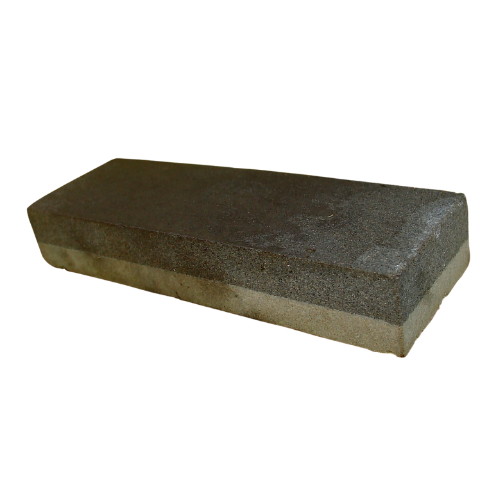
Masonry sealing maintains the structural integrity and aesthetic appeal of masonry surfaces, including brick walls, stone facades, and concrete driveways. We apply a protective coating to the masonry surface to prevent water infiltration, moisture damage, staining, and deterioration from UV rays, freeze-thaw cycles, and air pollution.
The main benefit of masonry sealing is its ability to repel water. Water intrusion can cause cracking, spalling, efflorescence, and mold growth. By sealing the surface, water can’t reach the masonry pores, reducing the risk of moisture-related issues and increasing the structure’s life.
Masonry sealers also protect against stains and discoloration. Sealants create a barrier on the surface of the masonry, preventing oil, grease, dirt, and other contaminants from penetrating the surface. This is helpful for masonry surfaces exposed to heavy foot traffic or vehicular traffic, such as driveways, walkways, and patios.
Masonry sealers improve the appearance of the masonry by highlighting natural colors and textures while adding a subtle sheen or gloss. This is helpful for decorative masonry elements such as exposed brick walls, stone fireplaces, and architectural details. Additionally, some sealers offer UV protection to prevent fading and discoloration of the masonry over time.
Overall, masonry sealing protects and preserves masonry surfaces, whether they are part of a residential, commercial, or historic structure. By investing in quality sealants and proper application techniques, you can enjoy the long-term durability, beauty, and value of your masonry investments.
Components of a Retaining Walls

Topsoil
A layer of quality top soil placed above the aggregate fill and contained by the masonry
Filter
Filter fabric prevents growth of weeds and soil erosion while allowing for water drainage
Aggregate
A layer of crushed rocks or gravel fills up the space inside the wall and improves drainage.
Masonry
The structure. of the retaining wall is made from reinforced concrete or stones
Drain
PVC pipe at the wall’s bottom for effective water drainage and reduce hydrostatic pressure
Masonry Cleaning Services in Washington State
Environmental elements can take a toll on the masonry surface’s appearance and performance. Dirt, grime, algae, and moss can accumulate on these surfaces, causing damage if left unchecked. Pollutants such as acid rain, soot, and airborne particles can cause discoloration, further compromising the appearance of masonry.
Regular masonry cleaning is essential for several reasons:
Improve Appearance: Clean masonry surfaces enhance the curb appeal of buildings, making them more visually appealing. Removing dirt, stains, and biological growth restores the natural beauty of brick, stone, or concrete.
Protection Against Damage: Dirt, debris, and biological growth can trap moisture against masonry surfaces, leading to deterioration and structural damage over time. By keeping masonry clean, you can extend the lifespan of the building.
Health and Safety: Mold, mildew, and algae affect the appearance of masonry and pose health risks. These organisms can release spores and allergens into the air, potentially causing respiratory problems and allergic reactions.
Maintain Property Value: Well-maintained masonry surfaces increase the overall property value. By investing in routine cleaning, you can protect your investment and ensure your buildings retain their value over time.
Masonry cleaning techniques vary depending on the type of surface, the nature of the stains, and the extent of cleaning required. Common methods include:
Pressure Washing: This involves using high-pressure water to remove dirt and grime from masonry surfaces. Pressure washing is effective for cleaning large areas such as exterior walls, sidewalks, and driveways. Still, you’ve to be careful to avoid damaging delicate surfaces or forcing water into cracks and joints.
Chemical Cleaning: Chemical cleaners are often used to dissolve stubborn stains, efflorescence, or mineral deposits on masonry surfaces. These cleaners may include acidic or alkaline solutions tailored to the specific type of stain or surface being treated.
Manual Cleaning: For intricate or delicate masonry features, such as ornamental carvings or decorative elements, manual cleaning techniques, such as scrubbing with brushes or sponges, is effective. This allows for precise control over the cleaning process and minimizes the risk of damage to sensitive surfaces.
Masonry cleaning is an essential aspect of property maintenance that helps preserve the appearance, integrity, and value of buildings constructed using brick, stone, concrete, or stucco. By removing dirt, stains, and biological growth from masonry surfaces, property owners can enhance curb appeal, protect against damage, promote a healthier indoor environment, and maintain property value. With a variety of cleaning methods available, tailored to the specific needs of each surface, maintaining clean masonry is an achievable goal for property owners seeking to protect their investment and ensure the long-term durability of their buildings.
FAQs
What types of stone can be used for masonry projects?
Common types of stones used in masonry include granite, limestone, sandstone, slate, and marble. The choice depends on your project’s requirements and design preferences.
Can you work with different architectural styles?
Yes, we can work with different architectural styles, from traditional to modern, and can tailor the design to match your preferences.
Do you provide custom design services?
Absolutely! We can provide custom stone masonry designs that suit your unique vision and requirements.
Is your team licensed and insured?
Yes, our team is fully licensed and insured to ensure the safety and quality of your stone masonry Washington project.
Shop Masonry Services
Fireplaces
Materials
Chimneys

Walls
Cleaning
Latest Articles
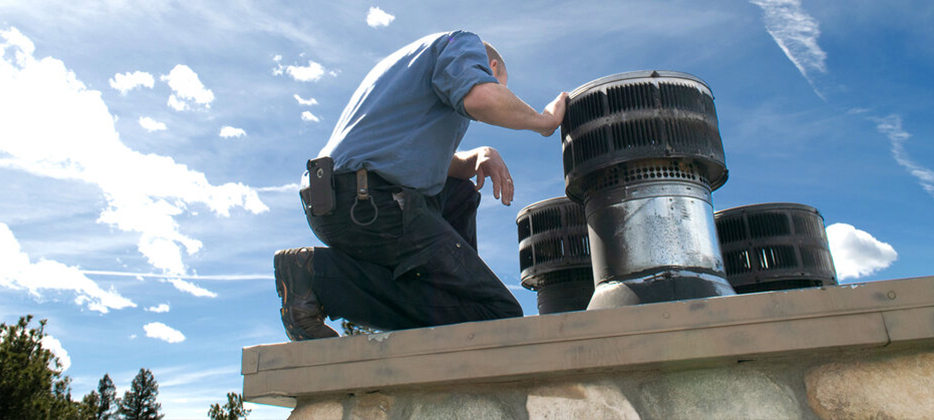
How Often Does a Gas Fireplace Chimney Need to Be Cleaned?
A gas fireplace chimney needs to be cleaned at least once a year. Annual cleaning prevents carbon monoxide leaks, ensures proper ventilation, improves efficiency, and identifies potential issues like blockages or corrosion,...

How Much Does It Cost to Finish a Basement Project?
Finishing a basement project typically costs between $7,000 and $23,000, depending on size, materials, and labor. High-end projects can exceed $35,000. How Much Does It Cost to Finish a Basement? The cost of finishing a basement...
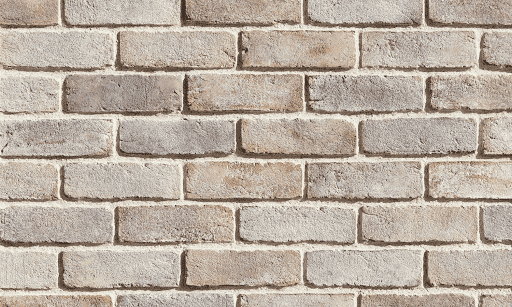
Which Brick is Right for Your Project?
Bricks are one of the oldest and most versatile building materials, used in construction for centuries. They come in various types, each with its unique properties and uses. Whether you're building a new home, renovating, or working on a landscape project, choosing...

The Washington State
Masonry Company
License No. BRICKBD809Q4
Same day or same week estimates and completions
5 year warranty on all workmanship
Based out of Federal Way, WA
Call Us At: 206-437-6582



